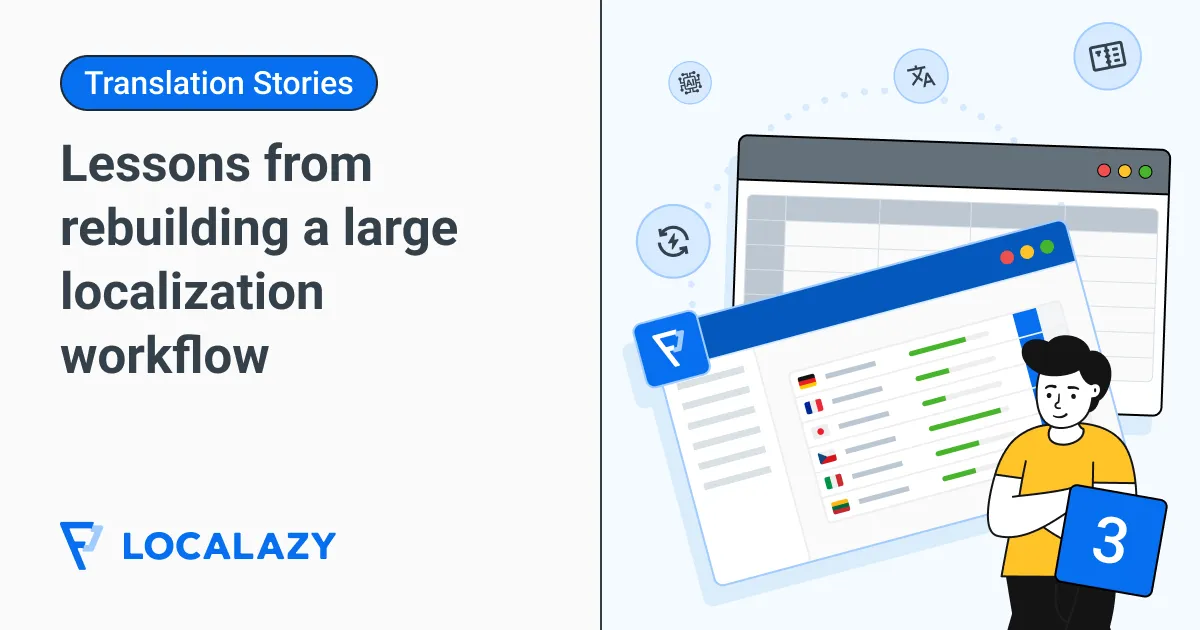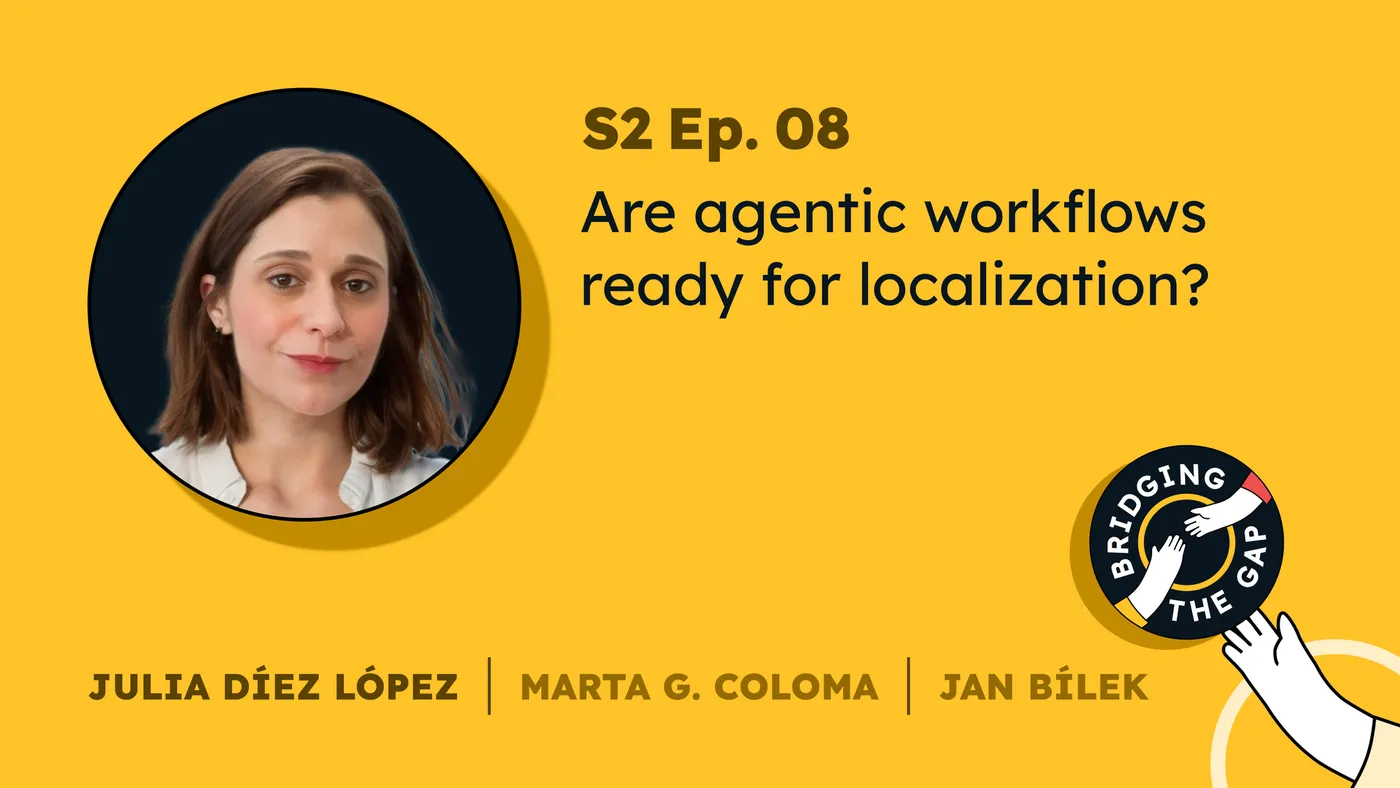Linguistic Quality Assurance (LQA)
A systematic process that ensures the linguistic quality of translated content meets predefined standards.
Linguistic Quality Assurance (LQA) includes evaluating translated materials to confirm they match the linguistic and cultural standards set for your project. LQA is not to be confused with Localization Quality Assurance, which is another closely related term.
This process typically includes reviewing grammar, style, terminology, and overall coherence. LQA aims to identify and rectify errors before the final release of localized content, enhancing the user experience.
Different organizations may adopt varied methodologies for LQA, but the core objective remains consistent: delivering high-quality translations that resonate with the target audience.
🔍 Key points about LQA: #️⃣
- It typically includes multiple review stages for the best results.
- Effective LQA reduces the risk of errors and enhances user trust.
- LQA verifies that translations meet linguistic and cultural expectations.
- Organizations may customize their LQA processes based on specific needs.
- Both human reviewers and automated tools can be employed in the LQA process. However, a human needs to do the final checks for best results.
The ultimate goal that should be kept in mind during linguistic quality assurance is not just the translation accuracy and quality, but mostly the customer experience. A higher translation quality means a better customer experience, which directly benefits the business.

